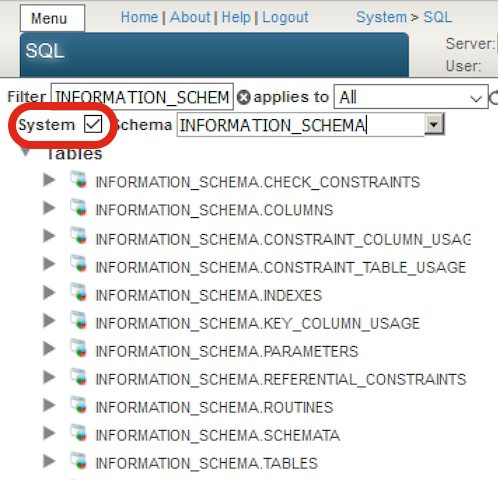Brendan's post is a related issue, but it's important to note that what he describes only applies if you want to update the value of a specific field when that field contains > 32K of data. The total size of the message isn't an issue.
As an example: if you have an ORU message with a 10 MB PDF stored in OBX:5, you will still be able to update fields in the PID segment using standard DTL functions. But if you want to update OBX:5 you will need to use the functions that Brendan mentioned.
- Log in to post comments
